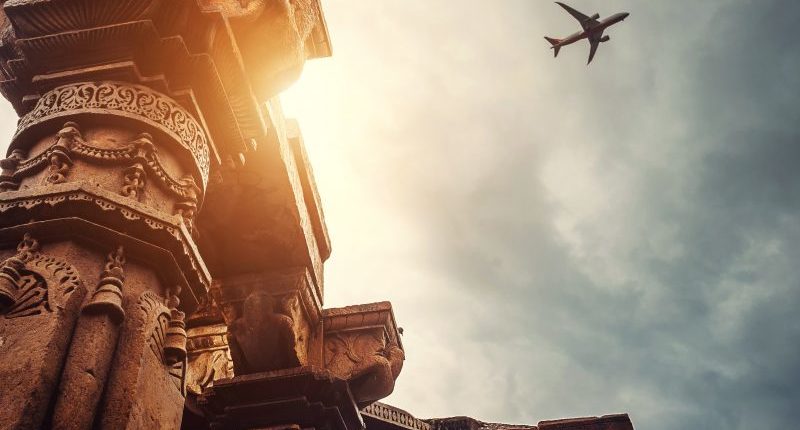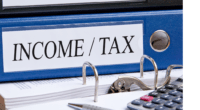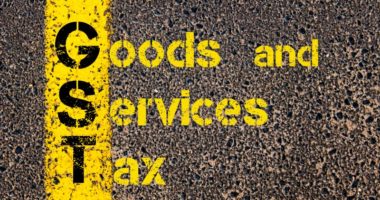In 2020, the Finance Minister introduced several relief measures for taxpayers due to the COVID-19 pandemic. One of these measures entailed the option to save on taxes through their Leave Travel Allowance (LTA). LTA is a part of the total compensation given to most salaried employees in India. Employees are allowed to claim their travel expenditure incurred as a tax deduction twice in a period of the four-year calendar block, which the government specifies. The current calendar block is 2018 to 2021.
Many Indians were confined to their homes in the past year due to the coronavirus outbreak and resulting lockdowns and could not travel. This would have resulted in them having to pay tax on the LTA component of their salaries. Hence, the government came up with a way to still allow employees to claim this tax deduction while at the same time giving a boost to the economy.
By spending a specified amount on purchasing certain goods, employees can claim a tax deduction on their LTA balances. The scheme was announced in October 2020 for government employees at first but later extended to employees in the private sector. Here’s how it works and how LTA vouchers will be taxed.
To claim the tax deduction under the LTA cash voucher scheme, an employee or a member of his family should have incurred expenditure on purchasing goods and services, which falls under the 12% GST bracket or higher. The purchases should have been made between 12th October 2020 and 31st March 2021. The expenditure can be claimed as a deduction only if the payment for the goods and services was made to a GST-registered business and a tax invoice is available. Besides, the exemption will be limited to one-third of the specified expenditure or Rs.36,000 per person, whichever is less.
In other words, the amount of expenditure incurred should be three times the value of the deduction claimed. For example, if a family consists of four members, then an LTA deduction of Rs.36,000 x 4, i.e. Rs.1,44,000, can be claimed. But, the employee and his family members will have had to have spent Rs.4,32,000 (Rs.1,44,000 x 3) to claim this amount. If the employee has spent less than that, the deduction will be allowed proportionately.
Now, let’s get into how taxpayers can avail the LTA scheme exemption. If you’re an employee who wishes to avail benefits under the LTA voucher scheme, you should submit your purchases’ requisite bills to your employer. However, most employers would have already paid out your LTA to you for the financial year 2020-21 after deducting TDS accordingly. In this case, you can avail of the exemption by directly disclosing it when filing your income tax return. Just make sure to retain all the necessary documents pertaining to your expenditure incurred as proof.
If you have purchased a cellphone, television, air conditioner, or other such goods, you may be eligible to claim an LTA deduction under this scheme. Other goods and services also fall in this category, such as personal items like soaps, shampoos, detergents, kitchen utensils, diapers, gym equipment, etc., which you can claim as expenditure provided you have the tax invoices with you.
Taxpayers should also note that they can carry forward one of the two LTA tax benefits of the 2018 to 2021 calendar block onto the 2022 to 2025 calendar block. It is to be noted that the carried forward LTA exemption will be allowed to be claimed only in the first year of the next calendar block, i.e., 2022.
For any clarifications/feedback on the topic, please contact the writer at athena.rebello@cleartax.in

I’m a Chartered Accountant by profession and a writer by passion. ClearTax lets me be both. I love travel, hot tubs, and coffee. I believe that life is short, so I always eat dessert first. Wait.. life is also too short to be reading bios… Go read my articles!





